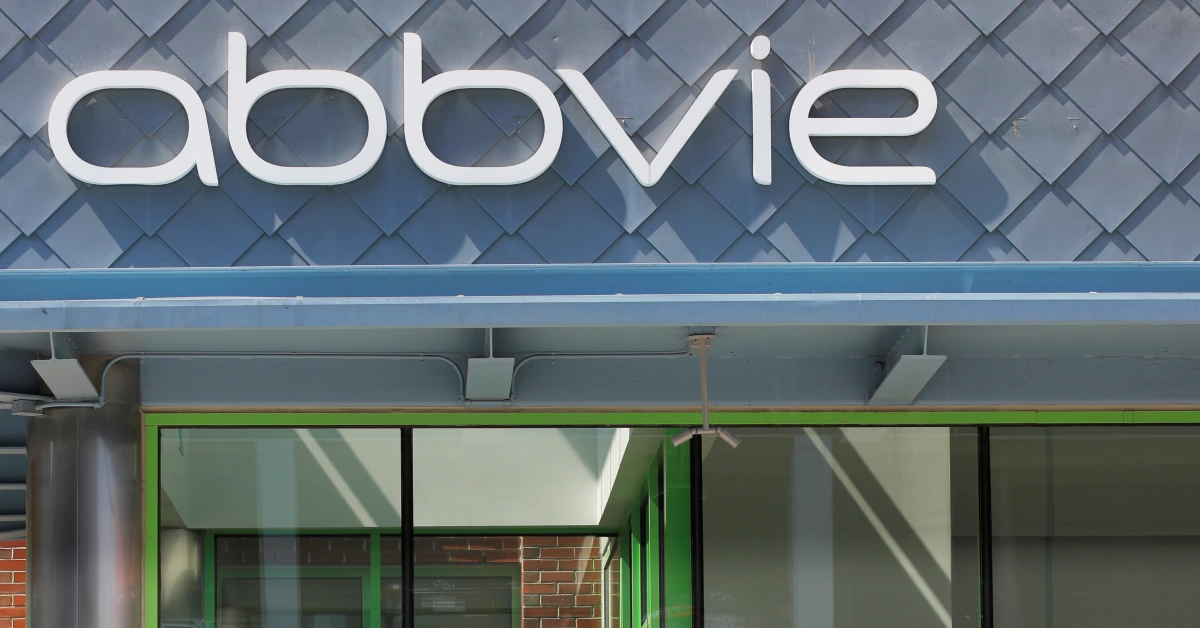
USA – AbbVie is recalibrating its approach to its schizophrenia treatment, emraclidine, after it failed two Phase II trials in late 2024.
The company has decided to focus on developing emraclidine as an adjunct treatment, meaning it will be combined with existing therapies for schizophrenia, rather than pursuing it as a stand-alone therapy for now.
“We still see opportunity in adjunctive schizophrenia as well as neurodegenerative psychosis, and we haven’t completely given up on the monotherapy opportunity either, but that’s a more heavily risk-adjusted opportunity now,” said AbbVie CEO Robert Michael during a call with investors on Friday.
Emraclidine failed to meet its primary endpoint in the EMPOWER trials, which were designed to evaluate improvements in both positive and negative symptoms of schizophrenia. AbbVie will continue to analyze the data and determine the best course of action moving forward.
The disappointing results also led AbbVie to take a US $3.5 billion impairment charge related to its acquisition of Cerevel Therapeutics in December 2023.
The company had high hopes for emraclidine, but the recent setback has required a shift in strategy.
However, AbbVie remains optimistic about other assets from Cerevel, such as tavapadon, a Parkinson’s disease treatment that successfully met its Phase III trial goals.
At the J.P. Morgan Healthcare Conference earlier this month, AbbVie highlighted that the trial data showed site-specific placebo responses, meaning some trial sites showed unusually high placebo responses, which could have impacted the drug’s apparent efficacy.
AbbVie’s R&D chief, Roopal Thakkar, clarified that when looking at sites with lower placebo responses, a modest efficacy signal was observed.
This has led the company to consider emraclidine as an adjunct treatment for schizophrenia and as a potential therapy for psychosis related to Alzheimer’s and Parkinson’s diseases.
“We see a path forward as an adjunct to atypical drugs in schizophrenia and as a monotherapy for psychosis related to Alzheimer’s and Parkinson’s,” said Thakkar.
In these neurodegenerative disorders, there is a significant need for safe and tolerable treatments, even if they provide only a modest benefit.
AbbVie also plans to explore higher doses of emraclidine, as the drug showed a clean safety profile in earlier trials.
A multiple ascending dose study is scheduled for this year, with results expected by early 2026. If higher doses show improved responses, AbbVie may revisit emraclidine as a monotherapy for schizophrenia.
Meanwhile, the company is continuing to progress its Alzheimer’s and Parkinson’s programs, with Phase II trials expected to start in 2026.
Strong financial performance
Despite the setback with emraclidine, AbbVie’s overall financial performance remains strong. The company reported US $15.1 billion in sales for Q4 2024, surpassing analysts’ expectations.
Full-year revenue totaled US $56.334 billion, a 3.7% increase from the previous year. Much of this growth came from AbbVie’s successful drugs, Skyrizi and Rinvoq, which together brought in US $17.7 billion in global sales.
However, the company faced ongoing challenges from biosimilar competition for Humira, which saw its sales decline.
AbbVie’s earnings per share (EPS) for Q4 were US $2.16, above the expected US $2.06. The company is projecting an EPS range of US $12.12 to US $12.32 for 2025.
XRP HEALTHCARE L.L.C | License Number: 2312867.01 | Dubai | © Copyright 2025 | All Rights Reserved